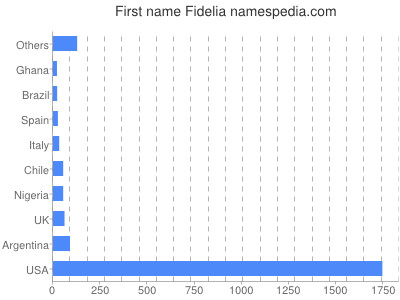

So my spouse and I finally just wrangled our families together and picked a date. If we continued to wait, the congregation who walked alongside us for the fertility treatment, pregnancy, and birth would not get to celebrate with us. We waited until we found out we would be moving. Once we did finally have a living child, the pandemic limited our ability to celebrate in person, so we decided to wait. My spouse comes from a different tradition of baptism, but as our wait for a baby extended from months to years, and as that wait for a baby was clouded by pregnancies that ended in miscarriage, even he wanted a ritual celebration of love for a living child. I have not baptized my pets as an adult, though my dog has had her fair share of communion bread (some of which was not on purpose- sorry to all the shut-ins I was supposed to take communion to that one time!), but I still have dreamed of my own child being a part of that cosmic and ancient story. But I don’t think we believed that we had to baptize our poor cat Amanda for the 403rd time (seriously, why didn’t she run away?) because God messed up we just liked splashing in the water, and we liked remembering we were a part of a bigger story, something cosmic and ancient, even in our play. It is also not an action we ever have to repeat there are no re-baptisms in the United Methodist tradition, because God doesn’t mess up choosing us. We come from a tradition that baptizes infants as a celebration of God’s grace we don’t choose to be baptized, because it is a recognition of how God chooses us. The author and her family celebrating baptismĪs preacher’s kids, my sisters and I were forever baptizing our pets. This is another creation, the God who cries out like a woman giving birth, “who created the heavens and stretched them out,” (42:5) like a body stretching to make room for new life. What if this was our creation story? We already have at least two stories of the creation: the orderly division in Genesis 1 and the messier, muddier version that follows.

One image that has captured my imagination is the description of God giving birth in Isaiah: “Now I will cry out like a woman in labor, I will gasp and pant” (42:14). God is an angry mother bear in Hosea, and Jesus describes himself as a protective mother hen. When I was working on my book, The Women’s Lectionary, I became fascinated by the images of God as a mother in the Bible. And it is reflected in the stories of God as a mother. This is just one of the stories about mothers giving birth in the Bible. Wilcox explores female characters in the Bible and feminine descriptions of God, enabling a year of preaching on both the human and divine feminine. In The Women’s Lectionary, author Ashley M. Was Mary’s delivery long or short? Who was there with her? Just Joseph? Or others? How did she feel, giving birth so far away from home? The text leaves it to us to fill in the details. In the birth story in Luke there isn’t much about the actual birth! We hear more about the decree to be registered and where Joseph is from than how it went for Mary when it was time for her to deliver the child. 7 And she gave birth to her firstborn son and wrapped him in bands of cloth, and laid him in a manger, because there was no place for them in the inn. 6 While they were there, the time came for her to deliver her child. 5 He went to be registered with Mary, to whom he was engaged and who was expecting a child. 4 Joseph also went from the town of Nazareth in Galilee to Judea, to the city of David called Bethlehem, because he was descended from the house and family of David. 3 All went to their own towns to be registered.
FIDELIA MEANING REGISTRATION
2 This was the first registration and was taken while Quirinius was governor of Syria. In those days a decree went out from Emperor Augustus that all the world should be registered.


 0 kommentar(er)
0 kommentar(er)
